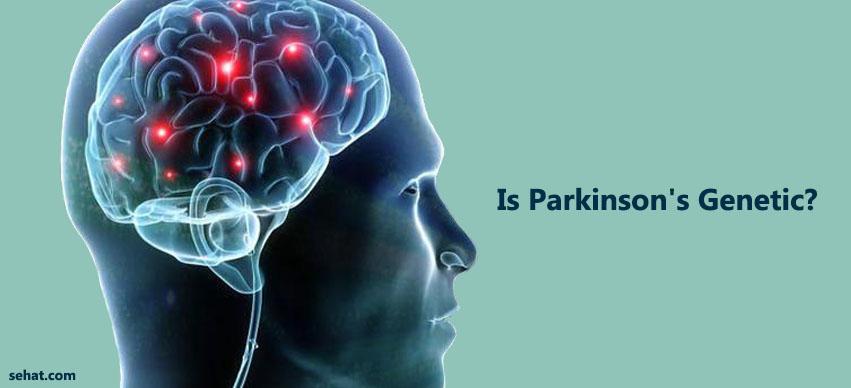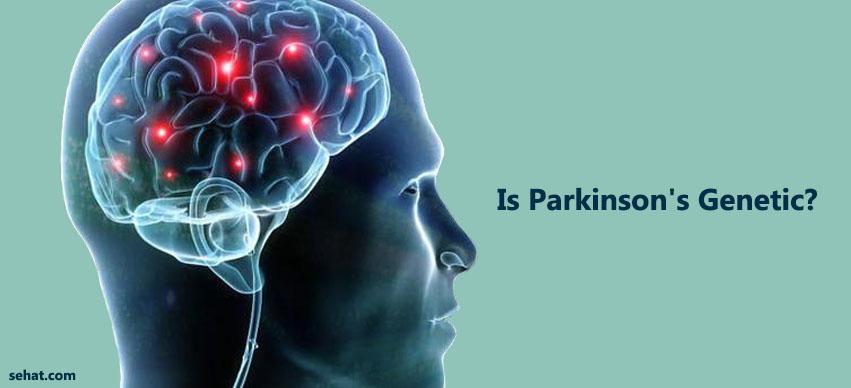Nanoparticle Therapy – An Emerging Cancer Treatment
5 Min Read


Parkinson's disease is a complex condition of the brain that impacts an individual’s ability to think, along with his movements. This progressive disease is associated with the symptoms such as tremor of the hands, arms, legs, jaw and face, slowed movements, the stiffness of the limbs and trunk and impaired balance. The disease is commonly found amongst the middle-aged and the elderly. Though the cause of Parkinson's disease is not known, it is associated with the degeneration of the brain’s basal ganglia and the deficiency of the neurotransmitter dopamine. Studies show that there are links between Parkinson's disease, pesticide exposure and smoking tobacco.
Here we’ve addressed some of the common concerns related to this neurodegenerative disorder.
One of the greatest questions that people with a family history of the disease ask is, “Is Parkinson's genetic?†The answer is, probably, but in only about 10% of the cases.
A study conducted by researchers at the National Institutes of Health, in 1997 found that mutations in a gene called SNCA were common in families with a high susceptibility to Parkinson’s disease. In 2004, scientists found mutations in another gene, LRRK2, which plays a role in genetically-induced Parkinson’s.
Most (over 90%) cases of Parkinson’s disease are idiopathic or sporadic, which implies that their cause is unknown. Scientists believe that the onset of the illness could be a combination of genetic as well as lifestyle and environmental factors.
It is highly uncommon for adolescents and young adults to succumb to Parkinson's disease. Most commonly, Parkinson’s is experienced by people who are 60 years or older. The risk of developing the disease increases with age.
Men are more susceptible to developing Parkinson's disease than women.
High degree of exposure to toxins like pesticides, tobacco and herbicides can also increase your risk of Parkinson's disease.
While it has no cure, Parkinson’s disease treatments are many. Many prescribed medications can help alleviate the symptoms associated with the disease. In some highly advanced stages of the illness, the patient may even have to undergo surgery.
For Parkinson’s patients, and for those at a high risk of the disease, doctors often recommend lifestyle changes, such as quitting smoking and engaging in aerobic exercises daily. In some cases, doctors even recommend physical therapy that enhances balance and coordination. For patients suffering from speech-language problems, doctors may also suggest pathologists to improve their condition.
Parkinson's disease can be diagnosed on the basis of your medical history and a neurological exam. Though there is no direct test to identify whether you have Parkinson’s disease, several other tests like blood and imaging tests may be required by the doctor to derive a conclusion. If you are worried about being at a risk of Parkinson’s disease or are experiencing the symptoms of the disease, you can find the best General Physicians and Neurologists in your city to guide you through the further course of action.